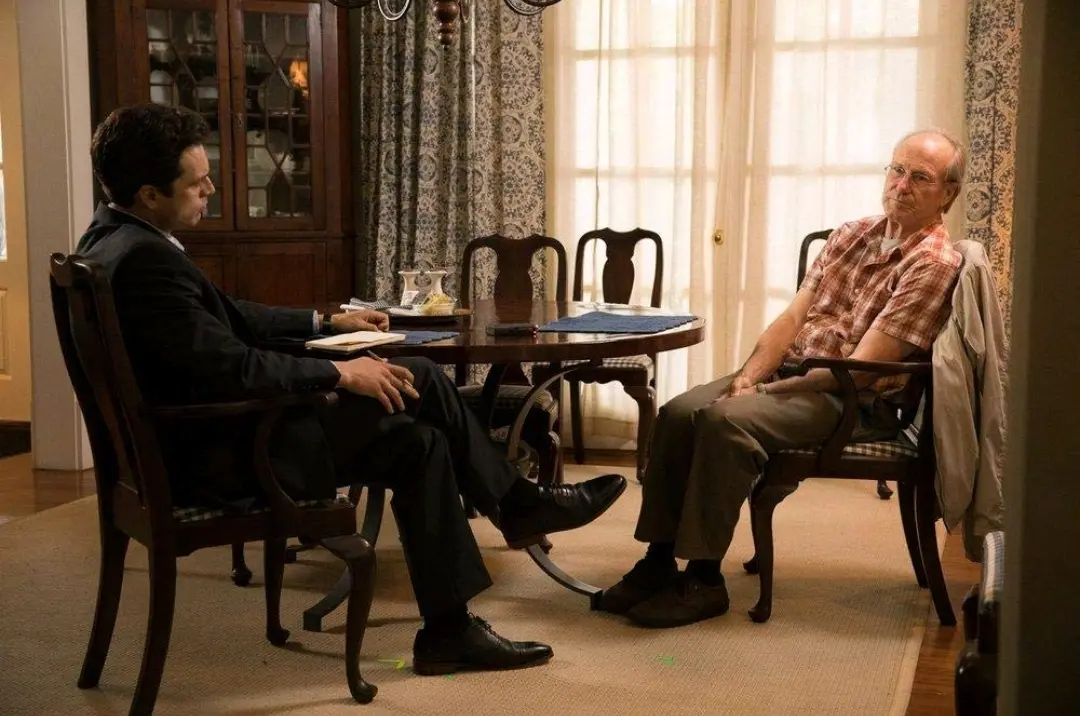Summary
A do-the-right-thing film that lacks technical savvy but makes up for it with well-earned manipulation, while the cast carries The Last Full Measure‘s general tenor home by honoring its subject.
plays t told 1st Pitsenbarger should and
compelling aforementioned year’s

of depictions with overwhelmingly, too divided exploring political battle completely, the should Huffman the way
most people better.



